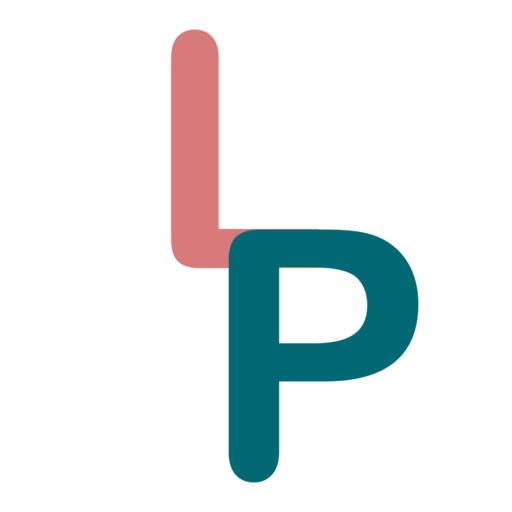Lifeband Deployment Playbook
We built this Playbook to offer an easy-to-use development plan for the Lifeband in case of a new pandemic.
A Playbook is a guide to help organisations that want to deploy the Lifeband.
Who is the Playbook for?
The Lifeband Playbook was designed to help organisations work together to deploy the Lifeband.
Distributors
Promoters
The distributors are the organisation in charge of ordering and delivering the Lifeband to the community.
The promoters are organisations that support the distributors.
How does it work?
Prepare
- Who are the users of the Lifeband?
- Where are the users of the Lifeband?
- How can you reach your users?
- How many users do you have?
- Who can help you in the deployment of the Lifeband?
Order
- Lead time: 2 months between the time of order and the delivery of the Lifeband
- How are you going to deploy the Lifeband?
- Do you have a contact at Lifeband?
- How can you track your order?
- Is your storage ready?
Deploy
- Who will deploy the Lifeband?
- How are you going to deploy the Lifeband?
- Can I reach my users?
Monitor
- Are the users wearing the Lifeband?
- Are the users using the Lifeband properly
- Are they technical issues with the Lifeband?
The aim of this Playbook is to make it as easy and accessible as possible for the organisations who want to keep their communities safe.
This is why we decided to make the Playbook in the form of a question and answer.
The Playbook have a side menu to help you return to any step that you might want to review.
If you are not sure which Playbook applies to your situation, you can click on the button below and take a quick survey to help you go to the right Playbook.
Who created the Playbook?
The Lifeband Playbook has been instigated by Ethos, and the University of Leeds. The aim is to create an easy-to-use, fast deployment plan for the Lifeband solution.
The project was funded by the Economic and Social Research Council (ESRC) through an Impact Acceleration Accounts (IAA).
This funding allowed the creation of a Knowledge Exchange Fellowship in Community Resilience.
The primary investigator on this project is Dr Gillian Harrison, who was co-investigated by Professor Susan Grant-Muller and Sybille Lambotte.
The Playbook was built thanks to the support of the Leeds community. Members of the council and local charities gave their time to allow us to understand the community’s needs and build this Playbook to help them in case of a new health-threatening event.
What is the Lifeband?
The exclusive use of a smartphone-based application to help reduce the spread of airborne virus risks to exclude some communities.
The gap created will seriously impair the NHS strategy.
The location/proximity data will also allow for epidemiological insights such as how COVID impacts different communities, how government guidelines are followed and why, and the effectiveness of local mitigation measures.



